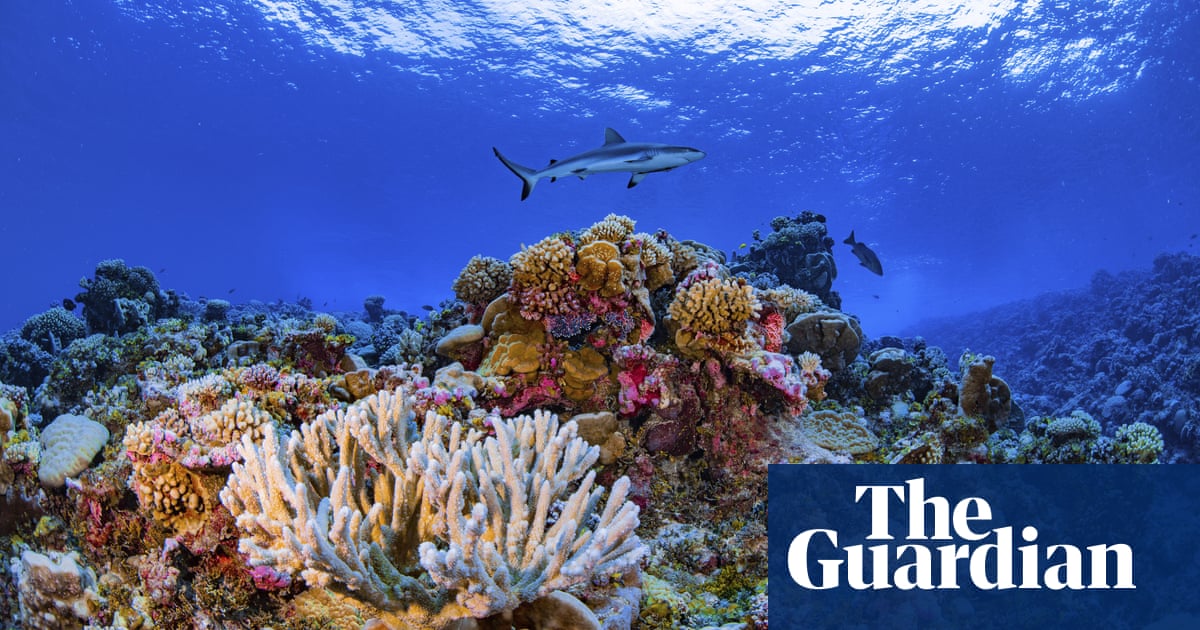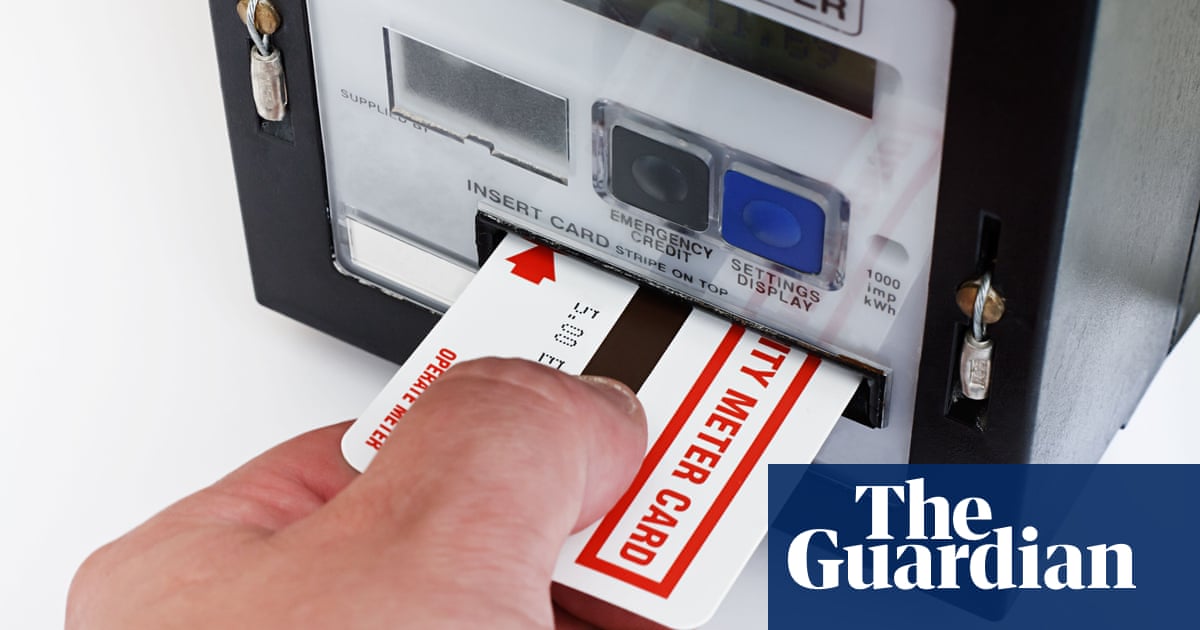
Humans, chimps, parrots and crows have evolved to exert self-control, a trait linked to higher intelligence. Now, researchers say cuttlefish – chunky squid-like creatures with eight arms – also have the ability to delay gratification for a better reward.
Researchers used an adapted version of the Stanford marshmallow test, in which children were given the choice of scoffing an immediate reward (one marshmallow) or waiting to earn a delayed, but better, reward (two marshmallows), on six cuttlefish in an aquarium environment.
The invertebrates were presented with chambers that were marked with different visual cues in the form of shapes. For instance, one cue meant the moment food was put in that chamber, the door would open – while another meant that when food was placed in that chamber, there would be a delay before the door opened. One of the cues was counterintuitive – even though the food was placed in the chamber, and the door was opened, there was an extra layer of plastic thwarting the cuttlefish from eating the reward.
When the cuttlefish were exposed to the chambers initially, they immediately attacked when they saw the food. Over time, they realised that each chamber had its own rules. Eventually, the molluscs didn’t even bother approaching the “unobtainable” chamber because they learned they could never secure access to the food.
With training completed, the cuttlefish were then tested in the presence of two chambers – in the “immediate” chamber they were presented with their second-preference food, while in the “delay” chamber they were given their first-preference food.
In the control setting, these conditions were mirrored, except the delay chamber was the unobtainable chamber. “We wanted to see if they were able to exert self-control in a flexible manner depending on the context,” said lead author Dr Alex Schnell, a behavioural ecologist from the University of Cambridge.
“They could see their preferred food in the unobtainable chamber, but they could never get to it – so they needed to make a decision whether to attempt to, or just take the immediate option.”
Overall, the cuttlefish delayed gratification when it led to a prey item of higher quality and were able to maintain delays for periods of up to 50 seconds to 130 seconds, the authors wrote in the journal Proceedings of the Royal Society B.
Previous research had suggested that some primates and birds exhibited this advanced level of self-control because they were social species that maintained multiple relationships and used tools, said Schnell.
These species might not forage or hunt in a particular moment so that they could build tools or wait until their partner had eaten, she noted. “But that doesn’t apply to cuttlefish … they are not social and they don’t use tools.”
Instead, self-control might have evolved in cuttlefish to maximise efficiency, she speculated. “They’re a juicy meal … so they spend really long periods camouflaged, and remain almost motionless so that they can avoid being detected by predators. And this motionless behaviour is broken up when cuttlefish forage.”












